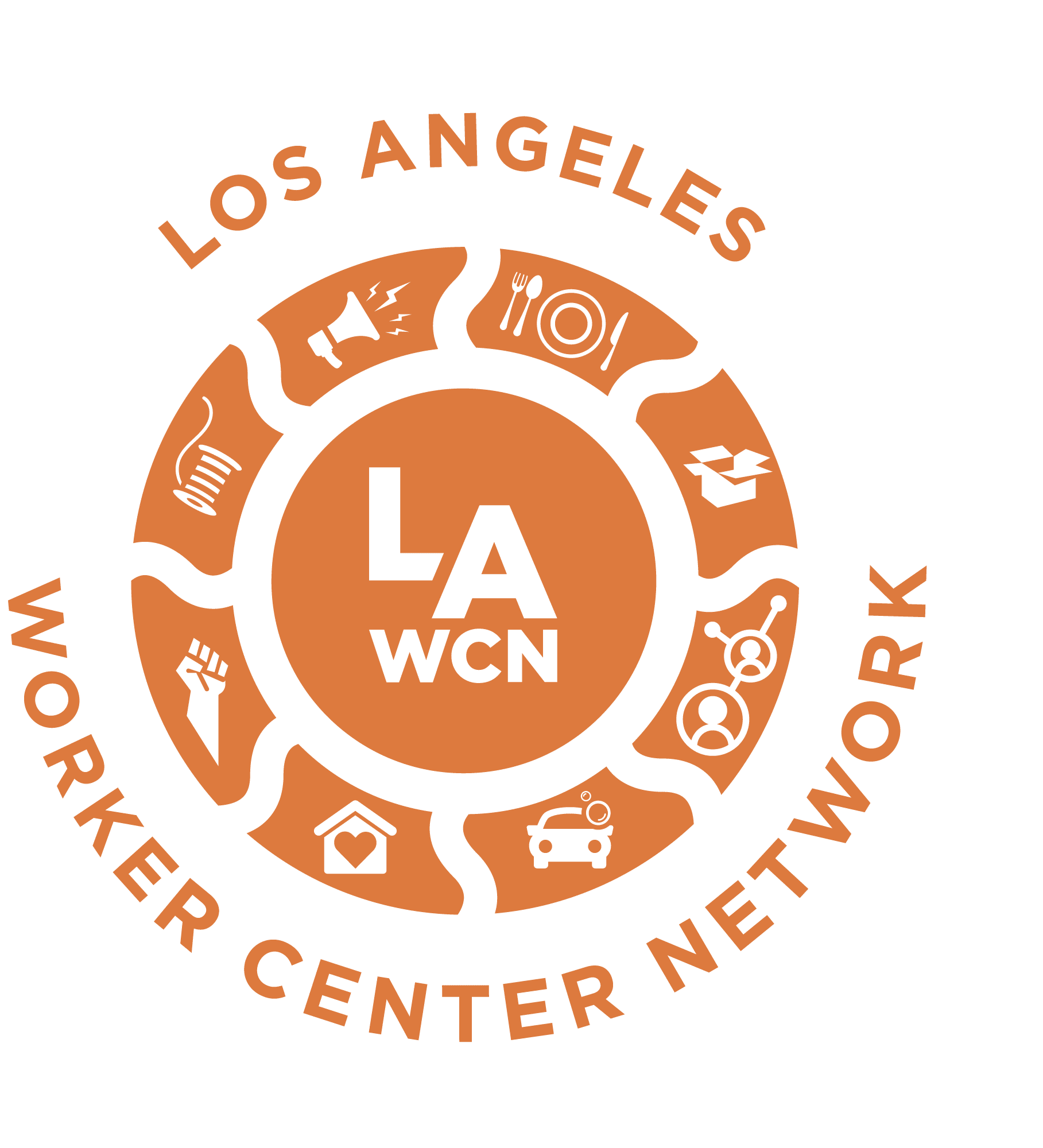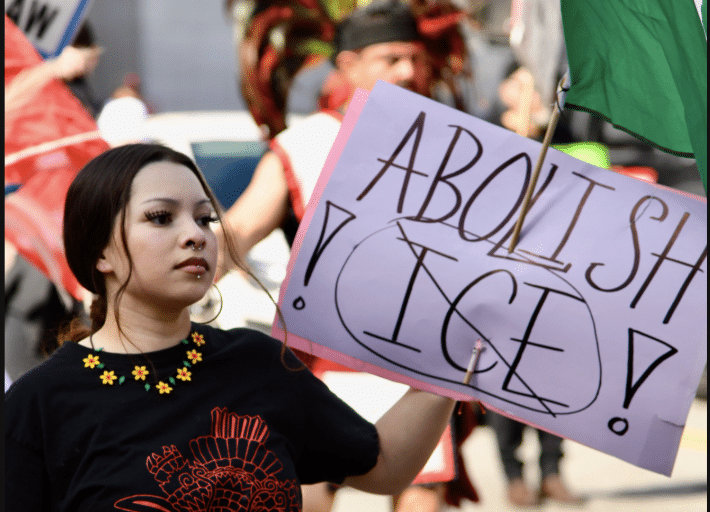The fight against ICE’s racialized immigration enforcement in Los Angeles: a special message from Armando Gudino, Executive Director of LAWCN, on the eve of the Supreme Court decision in Pedro Vasquez Perdomo et al. v. Kristi Noem et al.
By Armando Gudino
Read more about the lawsuit stages here >>
“A democracy cannot thrive where power remains unchecked and justice is reserved for a select few.” John Lewis said this decades ago, and it could have been written for this exact moment. Law means nothing if it only applies to some people. Justice collapses when it depends on how you look, where you work, or the language you speak.
Right now, the government is in front of the Supreme Court, making the case that immigration agents should be allowed to rely solely on language, job site, or neighborhood as “reasonable suspicion” for enforcement. In plain terms, they want to make profiling the only basis for a stop. That is exactly what the Constitution, decades of court rulings, and basic fairness forbid.
This is not abstract. We’ve seen what happens when fear replaces law. After the June raids in Los Angeles, parents whispered reassurances to their children while looking out the window, kids avoided school, and workers skipped their jobs, knowing that losing a paycheck was safer than the risk of being stopped. That is not public safety. That is the politics of intimidation, fear as policy.
Our case, Pedro Vasquez Perdomo et al. v. Kristi Noem et al., challenged this very kind of racialized immigration enforcement. In July 2025, the Ninth Circuit upheld a district court order protecting workers from being targeted simply for being brown, speaking Spanish, or working in industries that employ immigrants. The ruling reaffirmed that the Fourth Amendment does not stop at the gates of a carwash, a garment factory, or a food distribution line. It was a victory for workers, immigrants, and the Constitution itself, built on decades of organizing by our network and our member organizations.
Other laws already say this is wrong. In United States v. Brignoni Ponce, the Supreme Court ruled that “apparent Mexican ancestry” might be one factor among many, but it can never be the sole reason for a stop. In Melendres v. Arpaio, the Ninth Circuit shut down a sheriff’s Latino-targeting operation and ordered reforms. In Floyd v. City of New York, the court found that stop-and-frisk violated both the Fourth Amendment and the Equal Protection Clause by treating entire neighborhoods as suspect. Even the Department of Justice’s 2023 Guidance prohibits the use of race, ethnicity, or language in enforcement, except when tied to a specific suspect.
Profiling does not make us safer. It erodes trust, tears communities apart, and shifts us toward a system where rights are conditional and identity becomes probable cause. History shows where that road leads, and it is nowhere a free society should go.
Now, the Administration’s arguments before the Supreme Court threaten to undo these protections entirely by legitimizing racial profiling in federal immigration enforcement. If the Court accepts these arguments, it would not just roll back our Ninth Circuit victory, but also set a dangerous precedent that could ripple far beyond immigration, putting every community at risk.
Authoritarianism thrives on the suppression of dissent, the consolidation of power, and the creation of scapegoats to maintain control. A key tool in this is racial profiling, which targets specific communities based on their race, ethnicity, or immigration status, reinforcing narratives of fear and otherness. In authoritarian regimes, racial profiling is not just a tactic for law enforcement, but a systematic practice woven into the fabric of governance. By identifying certain groups as “dangerous” or “undesirable,” these regimes justify the erosion of civil rights and liberties, claiming national security or public order as the reason for their actions. The intersection of authoritarianism and racial profiling is a calculated effort to maintain power by fostering fear and distrust, while denying fundamental human rights to those deemed outsiders.
The question now is not just what will happen in our case, but what kind of country we will live in if profiling is allowed to stand as lawful. We know which side we are on.
The Supreme Court’s ruling on this matter could be as early as this week, and its consequences will be monumental.

